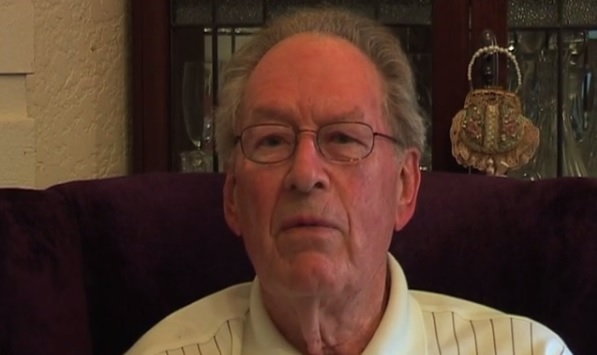 Many thanks to SWLing Post reader, Jonathan Marks, who shares this post, “Radio’s Brave New World,” a speech written by James Cridland.
Many thanks to SWLing Post reader, Jonathan Marks, who shares this post, “Radio’s Brave New World,” a speech written by James Cridland.
Cridland gave this speech at the opening of the Radiodays Johannesburg conference. Here is an excerpt:
“There’s a theme that runs through the conference today of threats and opportunities. This panel is called “Radio’s Brave New World.” It sounds as if radio is heavily under threat. That radio is on its last legs. That we should pack up and go home.
The facts are that radio is as resilient today as it always has been. Radio is tremendously successful here in South Africa, in the UK, the US and across Europe. The amount of people who tune into radio is as high as it has ever been. And that’s great news for those of us who love the medium.
Radio has a unique place–in that we enjoy radio while we’re doing other things. No other medium can say that. Some people call radio “the secondary medium.” I prefer calling it “the multitasking medium.” There is nothing secondary about radio.
Radio also has unique opportunities. We are part of people’s lives in a way no other medium is. A station in the UK ended up having hundreds of thousands of protestors when the BBC tried to close it down. You wouldn’t get a march on Broadcasting House for a website being closed down. Or a Mobile app. But there’s something in radio that means we are intimately connected with our favourite presenters and our favourite stations. As Franz said, that means that we can be more interactive with our audience, too.
Radio’s reliance on audio, rather than visual, means that it can go places no other medium can. We can make full advantage of podcasts and on-demand listening: something that is continuing to grow. We can use the Mobile internet in ways that are still difficult or impossible for TV. We are fleet-of-foot, and quick to adapt. We have great relationships with our advertisers, and we can involve them in our programming in far more creative ways than TV. Radio is multiplatform. That is our great strength.
And we can now make broadcast quality radio with nothing more than a mobile phone: recording, editing, and sending in to the studio. No other medium has the content flexibility that we do.[…]”
Read text of Cridland’s full speech at Media UK’s website.
James Cridland is the Managing Director of Media UK, and a radio “futurologist”– consultant, writer, and public speaker who concentrates on the effect that new platforms and technology are having on radio.
 Jonathan Marks followed up his last post with two more pieces from the Media Network Vintage Vault, again, on the topic of US international broadcasting.
Jonathan Marks followed up his last post with two more pieces from the Media Network Vintage Vault, again, on the topic of US international broadcasting.




